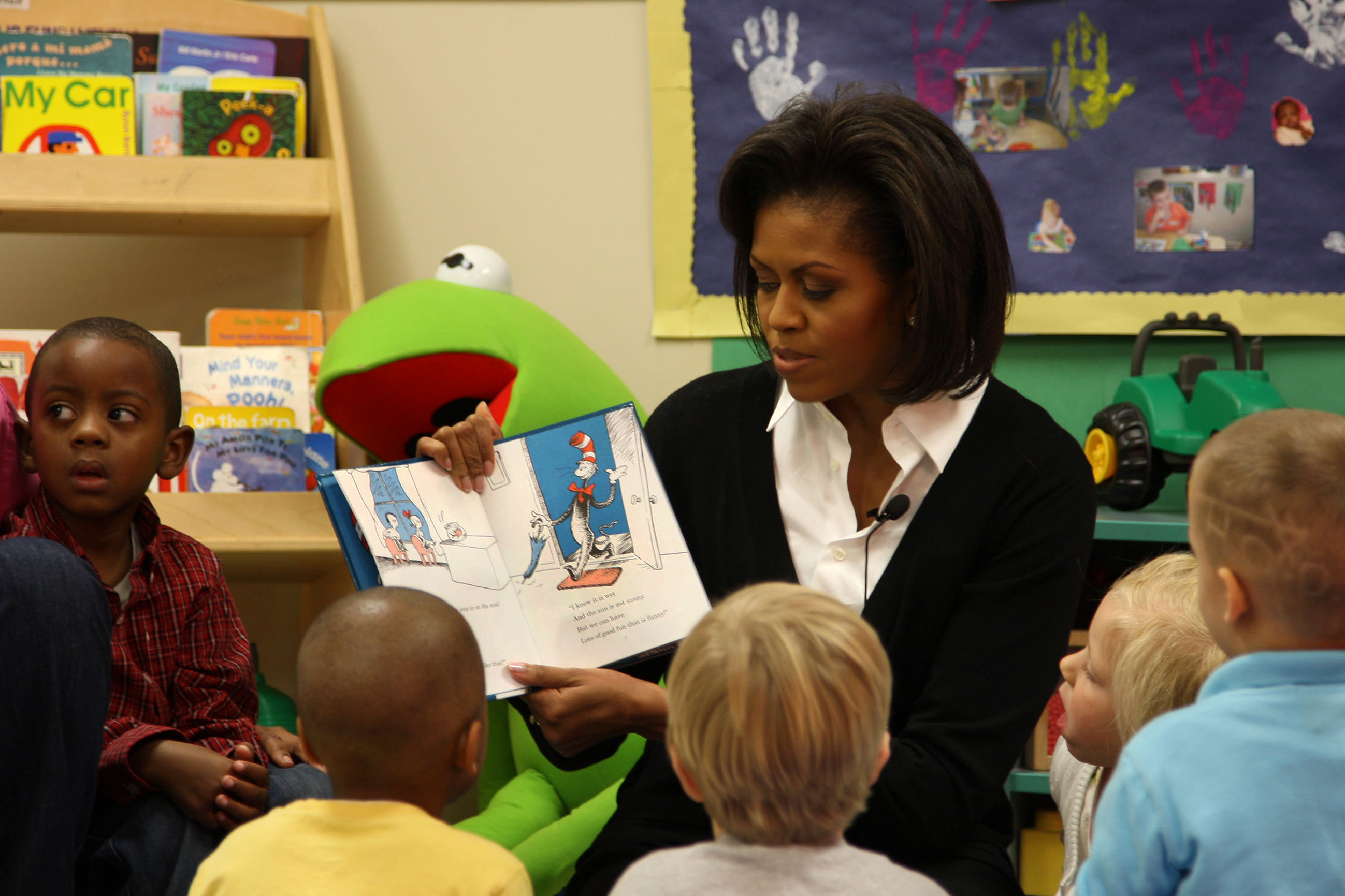8 Tips on Nurturing Your Young Child’s Curiosity

We often take for granted the role that curiosity plays in the learning process. Research has shown that curious children outperform their peers in the subjects of reading and math. But how can we nurture curiosity in young children? To develop this skill, children need to be taught socio-emotional skills like imagination, innovation, invention, resilience, focus, and the ability to form relationships and manage feelings before they begin formal schooling.
Unfortunately, most parents don’t know how to nurture the important skills that their children need to master to become curious learners. In this piece, we will teach them how to do just that. Without further ado, let’s discuss 8 ways that parents can nurture curiosity in their young child.
- Allow your child to make mistakes. As parents, when our child is frustrated with an activity or project, our natural inclination is to step in and save the day. But making mistakes then thinking out how to get past them is an essential part of staying curious and persevering. Unless your child is in danger, try to avoid stepping in. You can offer them guidance and encouragement, but not solutions. The most important lesson that you should teach them about mistakes is that they are not failures, they are invaluable learning opportunities.
- Allow time for exploratory play. Carve out time during the day to allow your child to explore their environment. This allows them to learn how various facets of their environment interact with each other and can be adapted or manipulated. Provide them with materials like blocks, sand, pots and pans, and anything else that can be used to spark their imagination. Don’t give them any directions as to what they should do with the materials, just give them a chance to create on their own.
- Model curiosity. Model the curiosity that you would like to see in your child. This means trying new hobbies, learning new skills, or showing interest in a new fad or craze.
- Allow your child to take the lead. Find out what your child’s natural interests are and help them pursue them. If they like sports, allow them to join a youth league. If they like music, sign them up for lessons, and if they stick with it, buy them an instrument. You get the idea.
- Answer their questions honestly, but take their developmental age into consideration. Answer any and all of the questions that your young children ask you, open and honestly. However, when determining how to frame the complexity of your answer, keep their developmental age in mind. Also, if you don’t know the answer to a question, you and your child can use the library or internet to discover the answer. This allows you to develop their curiosity and teach them how to seek answers for themselves.
- Make your home a stimulating environment. Your home does not have to be the neighborhood playground, but make sure it includes materials and objects that are stimulating to the senses. Make sure that their room is full of lots of pictures, artwork, and of course colors. If they are crazy about the jungle, their room can have a jungle theme. Personally, my son’s room has a “Lion King” theme, because it is his favorite movie. Also, make sure your home has lots of books, magazines, and newspapers. These information mediums can serve as reading material, talking points, etc.
- Teach your child how to observe. Teach your child that when it comes to curiosity, observation is the most important tool that they have. Encourage them to observe the world around them, and train their senses to notice things that are exciting, interesting, and mysterious.
- Talk to your child about how curiosity “works.” Teach your child how curiosity has shaped the world, from the areas of technology to medicine to the government. They will be shocked to find out how many simple things in our daily lives, like light bulbs, cars, computers, etc., were developed because of curiosity. For instance, have them to research inventors like George Washington Carver, and how his fascination with peanuts led him to discover over 100 practical ways to use it in our daily lives. Discuss how these inventors went through the curiosity process, which includes the process of asking, imagining, planning, designing, and creating to end at a finished product.
Can you think of additional ways to develop curiosity in a young child?






